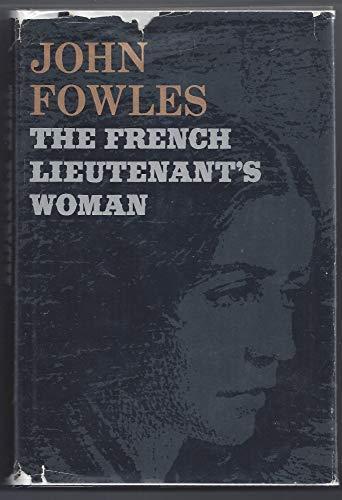Idioma English
Publicado el 16 de diciembre de 1969

Idioma English
Publicado el 16 de diciembre de 1969
The French Lieutenant's Woman is a 1969 postmodern historical fiction novel by John Fowles. The plot explores the fraught relationship of gentleman and amateur naturalist Charles Smithson and Sarah Woodruff, the former governess and independent woman with whom he falls in love. The novel builds on Fowles' authority in Victorian literature, both following and critiquing many of the conventions of period novels.The book was the author's third, after The Collector (1963) and The Magus (1965). American Libraries magazine counted the novel among the "Notable Books of 1969". Subsequent to its initial popularity, publishers produced numerous editions and translated the novel into many languages; soon after the initial publication, the novel was also treated extensively by scholars. The novel remains popular, figuring in both public and academic conversations. In 2005 Time chose the book as one of the 100 best English-language novels since the magazine began publication in 1923.Part of the …
The French Lieutenant's Woman is a 1969 postmodern historical fiction novel by John Fowles. The plot explores the fraught relationship of gentleman and amateur naturalist Charles Smithson and Sarah Woodruff, the former governess and independent woman with whom he falls in love. The novel builds on Fowles' authority in Victorian literature, both following and critiquing many of the conventions of period novels.The book was the author's third, after The Collector (1963) and The Magus (1965). American Libraries magazine counted the novel among the "Notable Books of 1969". Subsequent to its initial popularity, publishers produced numerous editions and translated the novel into many languages; soon after the initial publication, the novel was also treated extensively by scholars. The novel remains popular, figuring in both public and academic conversations. In 2005 Time chose the book as one of the 100 best English-language novels since the magazine began publication in 1923.Part of the novel's reputation concerns its postmodern literary qualities, with expressions of metafiction, historiography, metahistory, Marxist criticism, and feminism. Stylistically and thematically, the novel has been described as historiographic metafiction. The contrast between the independent Sarah Woodruff and the more stereotypical male characters often earns the novel attention for its treatment of gender issues. The novel was adapted into a film of the same name in 1981, with script by the playwright Harold Pinter, directed by Karel Reisz, starring Meryl Streep and Jeremy Irons. The film received considerable critical acclaim, including several BAFTA and Golden Globe awards.